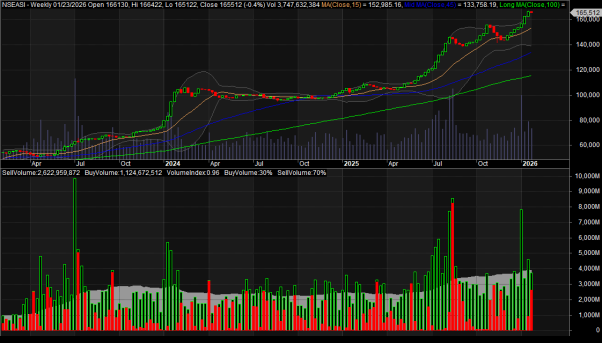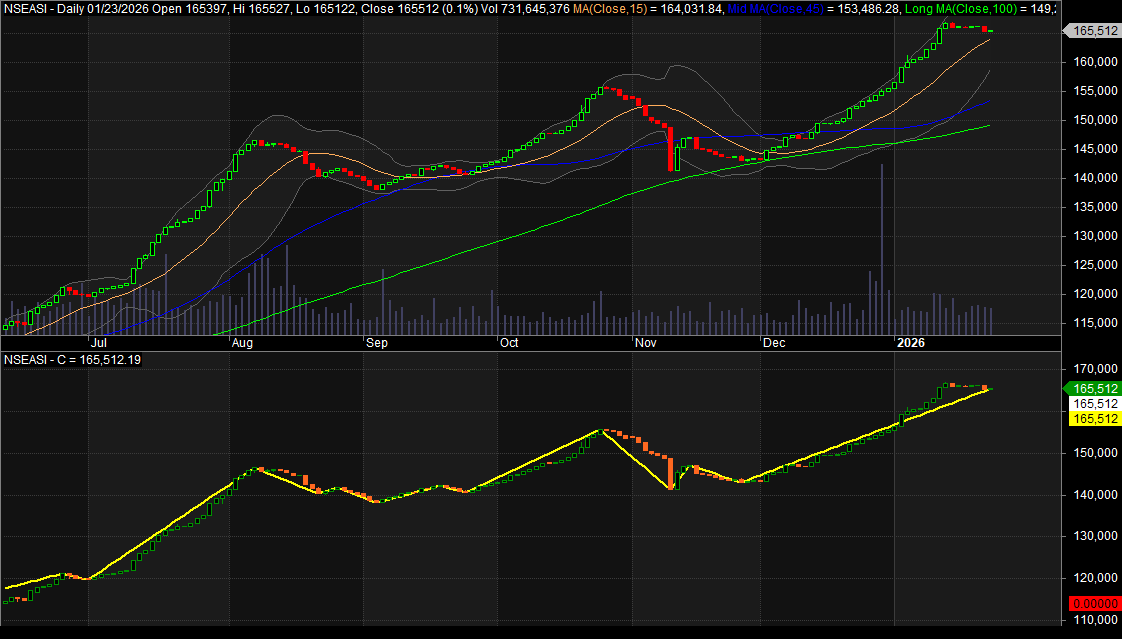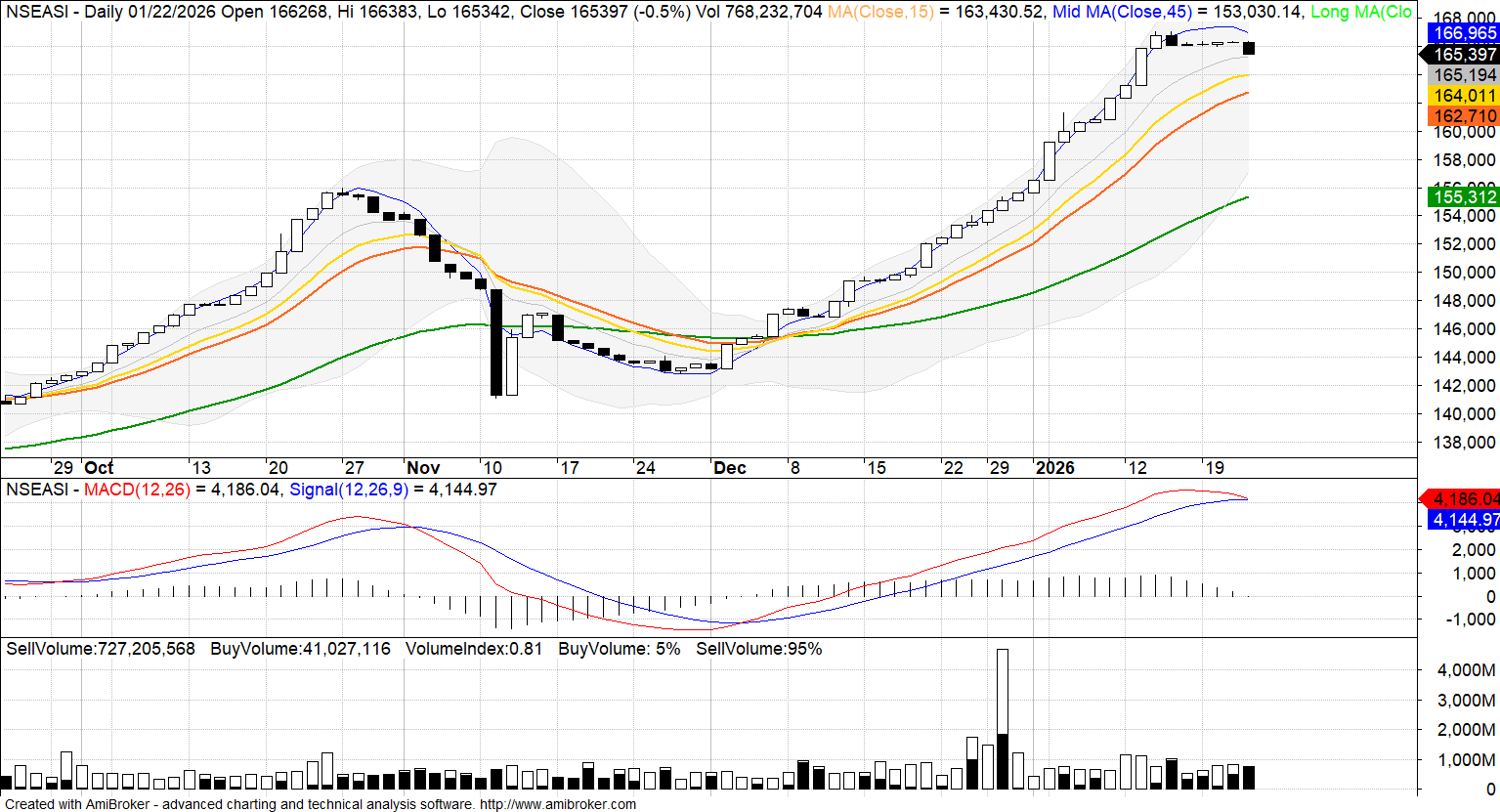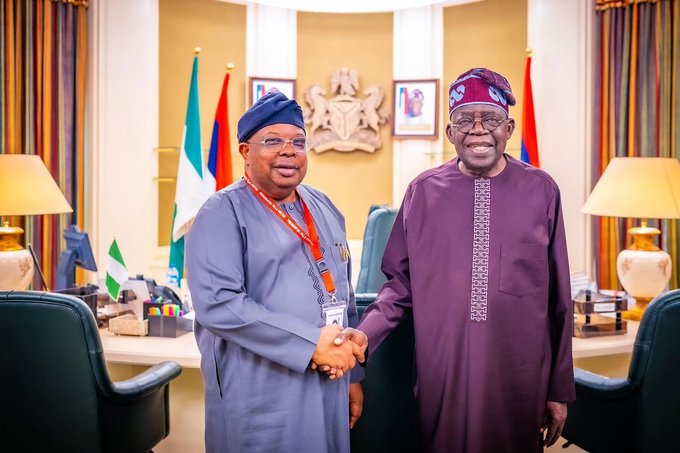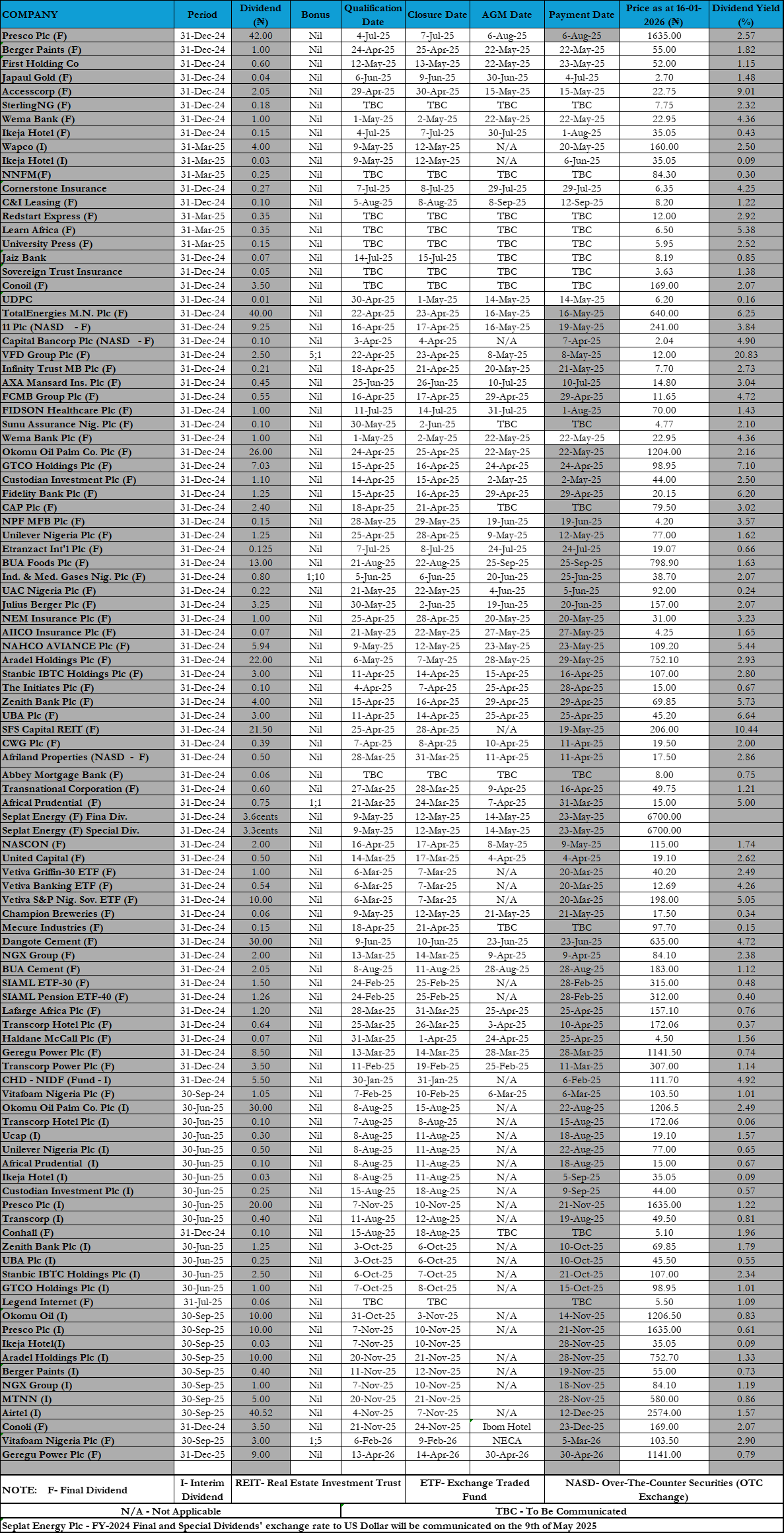
After an initial stalemate, members of the Organisation of Petroleum Exporting Countries (OPEC), on Friday in Vienna, Austria, agreed to cut output by 1.2m barrels per day, which pushed the prices up, with Brent Crude notching 4.15% to $62.55 per barrel.
The output cut beginning in January, was despite a lot of jockeying, with OPEC contributing 800,000bpd, while non-OPEC will cut by 400,000 bpd.
A press conference after Thursday’s meeting was cancelled, raising doubts about the ability to reach an agreement.
Iran held up the talks early Friday because it refused to accept limits on its production, at a time its output is declining due to sanctions.
Iran was exempted from the deal.
Oil price initially sank on Thursday and early Friday, due to the failure to reach an agreement, before spiking when an agreement was announced.
The OPEC and non-OPEC Ministerial Meeting held under the Co-Chairmanship of OPEC’s President, His Excellency Suhail Mohamed Al Mazrouei, Minister of Energy and Industry and Head of the United Arab Emirates’ delegation, and His Excellency Alexander Novak, Minister of Energy of the Russian Federation, recalled the rights of peoples and nations to permanent sovereignty over their natural wealth and resources.
Reaffirming the continued commitment of the participating producing countries in the ‘Declaration of Cooperation’ (DOC) to a stable market, the mutual interest of producing nations, the efficient, economic, and secure supply to consumers, and a fair return on invested capital, and noting the overall improvement in market conditions and sentiment, and the return of confidence and investment to the oil industry.
Following deliberations on the immediate oil market prospects and in view of a growing imbalance between global oil supply and demand in 2019, the meeting “decided to adjust the overall production by 1.2 mb/d, effective as of January 2019 for an initial period of six months. The contributions from OPEC and the voluntary contributions from non-OPEC participating countries of the ‘Declaration of Cooperation’ will correspond to 0.8 mb/d (2.5%), and 0.4 mb/d (2.0%), respectively.”
The JMMC was requested to monitor the fair implementation of the above mentioned resolution and report back to the Meeting.
According to a statement by the cartel, the meeting emphasized the support and commitment of all participating countries in the ‘Declaration of Cooperation’ to build on the success achieved thus far, through further institutionalizing the framework for regular and lasting cooperation under the draft Charter of Cooperation between Oil Producing Countries, which was endorsed in principle and to be finalized and ratified by the participating countries. The meeting also noted that the ‘Declaration of Cooperation’ remains open to all producers.”
The meeting extended its deep appreciation to the Joint Ministerial Monitoring Committee (JMMC), the Joint Technical Committee (JTC) and the OPEC Secretariat for their continued support since the 4th OPEC and non-OPEC Ministerial Meeting on 23 June 2018.
This included their analysis and recommendations, as well as their constructive and effective engagement in ensuring that the voluntary productions decisions were implemented in a timely and equitable manner.
The next OPEC and non-OPEC Ministerial meeting has been slated for Vienna, Austria, in April 2019.



